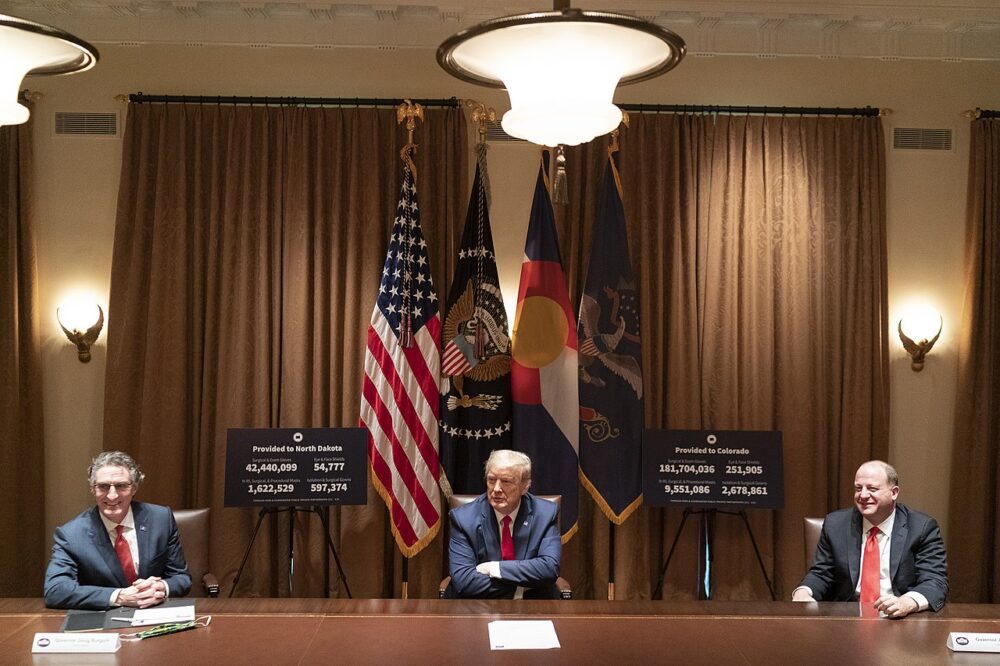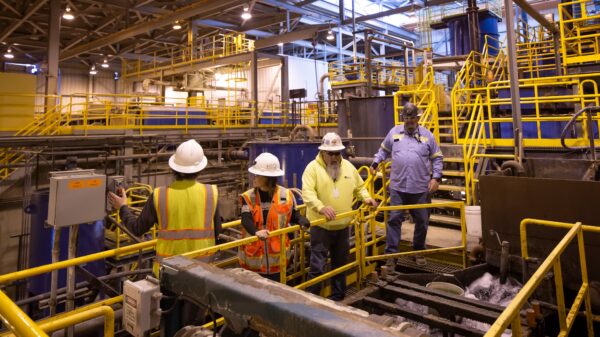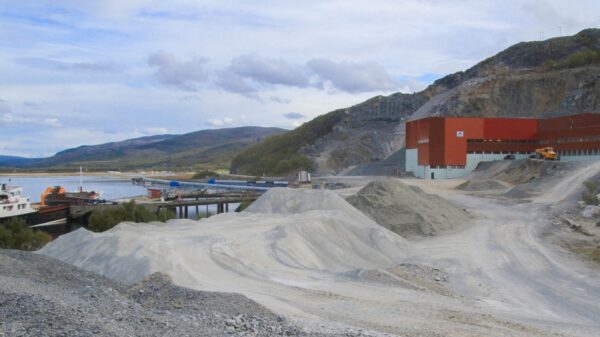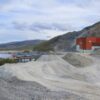The Trump administration has a serious critical mineral shortage problem, and one of solutions they’re presently considering involves investing in companies that mine and process critical minerals.
Interior Secretary Doug Burgum said last week that they’re looking into this to break U.S. dependence on imports from countries, including China.
China is flooding international markets with minerals, driving prices down and making it difficult for U.S. companies to compete. This is a result of China’s strategic investments in key areas, driven by state capital. In response, the U.S. could establish a sovereign wealth fund to invest in domestic miners focused on critical minerals extraction and processing. Given its wealth, the U.S. could easily support the largest sovereign wealth fund in the world.
“You’re competing against state capital because China is picking these strategically as areas that they want to invest in,” Burgum said.
“We should be taking some of our balance sheet and making investments,” Burgum said late last Wednesday at a conference organized by the Hamm Institute for American Energy.
Beijing imposed export controls on rare earth elements in response to President Trump’s decision to raise tariffs on Chinese goods. These elements are essential in key industries such as defense, energy, and automobiles. In 2024, the U.S. imported 80 per cent of its rare earths, with 70 per cent coming from China in 2023.
To address this, Burgum emphasized the need for the U.S. to invest in domestic mining. He noted that the country cannot afford to rely on others for supply chains. Without action, the U.S. will remain vulnerable to foreign control.
Read more: Promising antimony find in Nevada strongly positions NevGold Corp in minerals race
Read more: NevGold’s long intervals of antimony & gold mineralization turn heads
US should stockpile critical minerals
The Trump administration is also considering creating a sovereign risk insurance fund. This would protect companies investing in approved projects from political shifts in Washington. If a future president cancels a project, companies would be compensated through the fund.
“Think of it like an insurance market that would be backed by the federal government,” Burgum said. “You got to write a check. There’s got to be a financial cost if you’re going to do these decisions where you’re destroying our balance sheet or destroying a company’s opportunity.”
The U.S. should stockpile critical minerals through a mechanism similar to the strategic petroleum reserve, according to Burgum. When China floods global markets with minerals, causing prices to drop, the U.S. should seize the opportunity to buy.
Burgum believes these actions—stockpiling, sovereign risk insurance, and taking equity positions—would strengthen the U.S.’s position in critical minerals. The U.S. is currently working on all three strategies.
The United States could consider investing in a range of companies focused on critical minerals to reduce reliance on foreign sources.
NevGold Corp (CVE: NAU) (OTCMKTS: NAUFF) (FRA: 5E50) could be a key player for antimony, with its projects boosting production.
Perpetua Resources Corp. (NASDAQ: PPTA) (TSE: PPTA) offers another promising opportunity. It is also involved in extracting antimony. Furthermore, its work on the Stibnite Gold Project in Idaho has the potential to support U.S. energy and defense needs.
Furthermore MP Materials Corp. (NYSE: MP), a major rare earths producer, could be integral to the U.S.’s efforts to secure supplies of essential minerals for green energy technologies and national security.
.
NevGold Corp is a sponsor of Mugglehead news coverage
.













